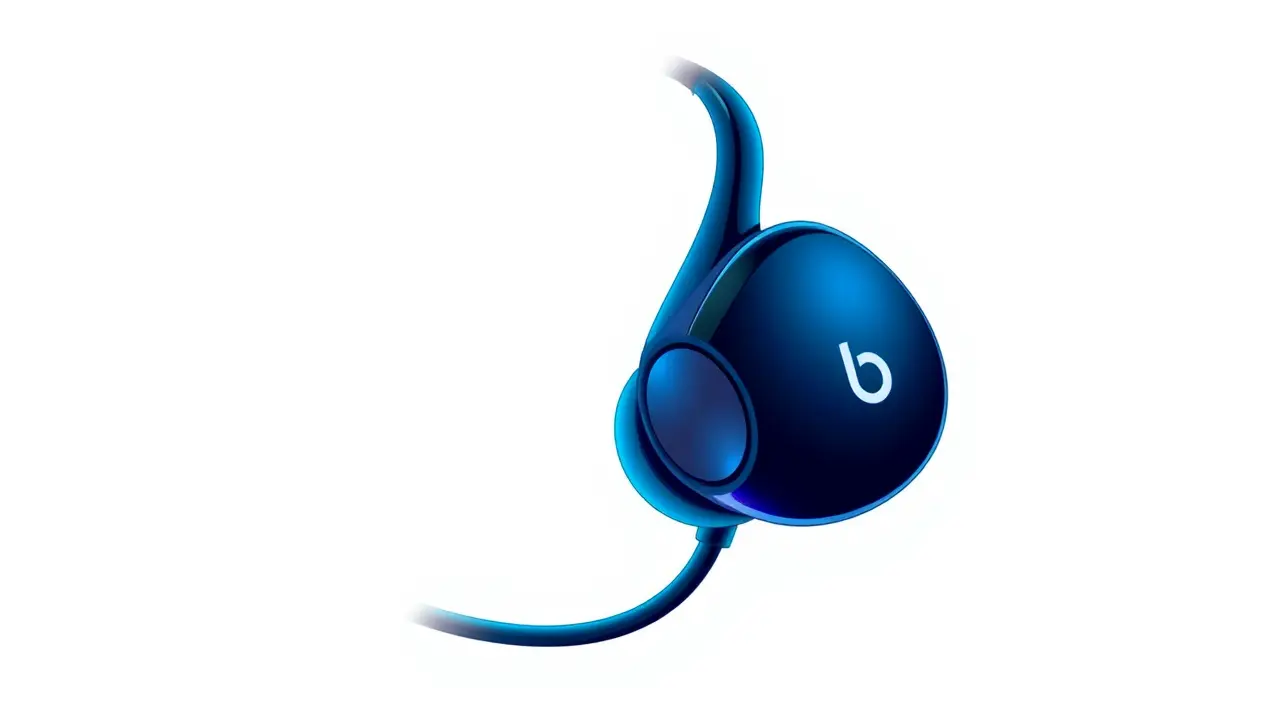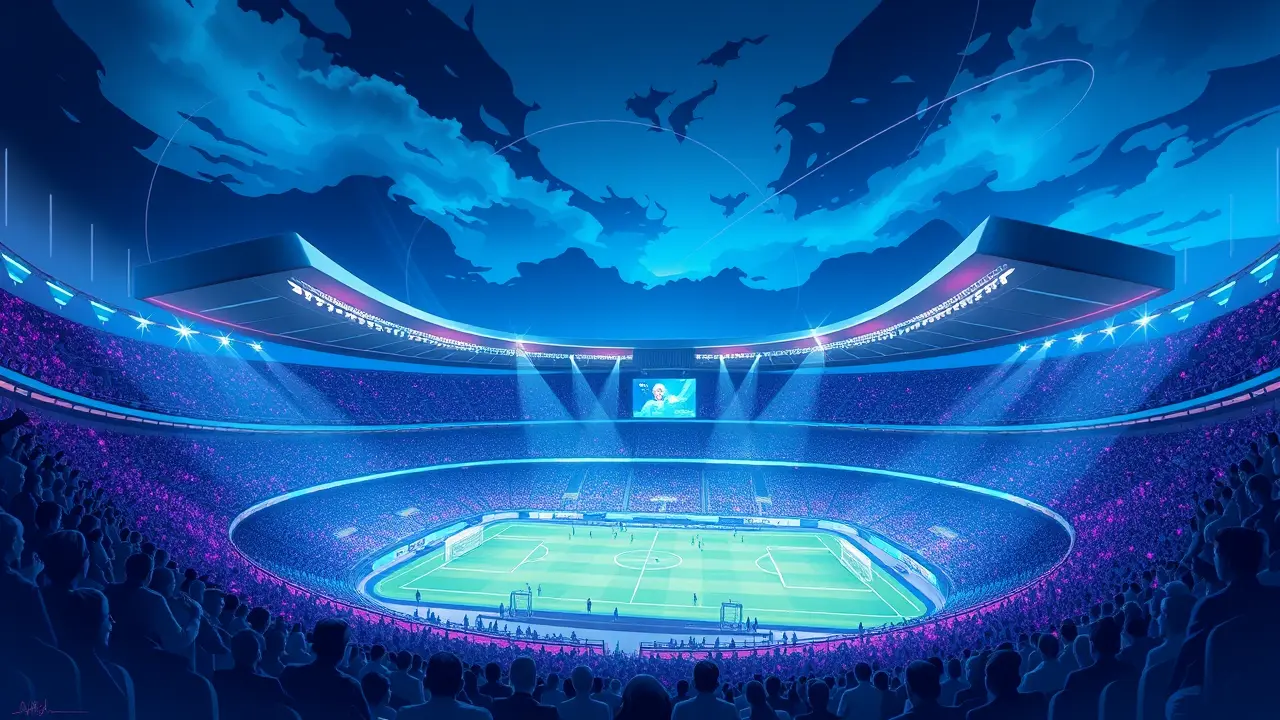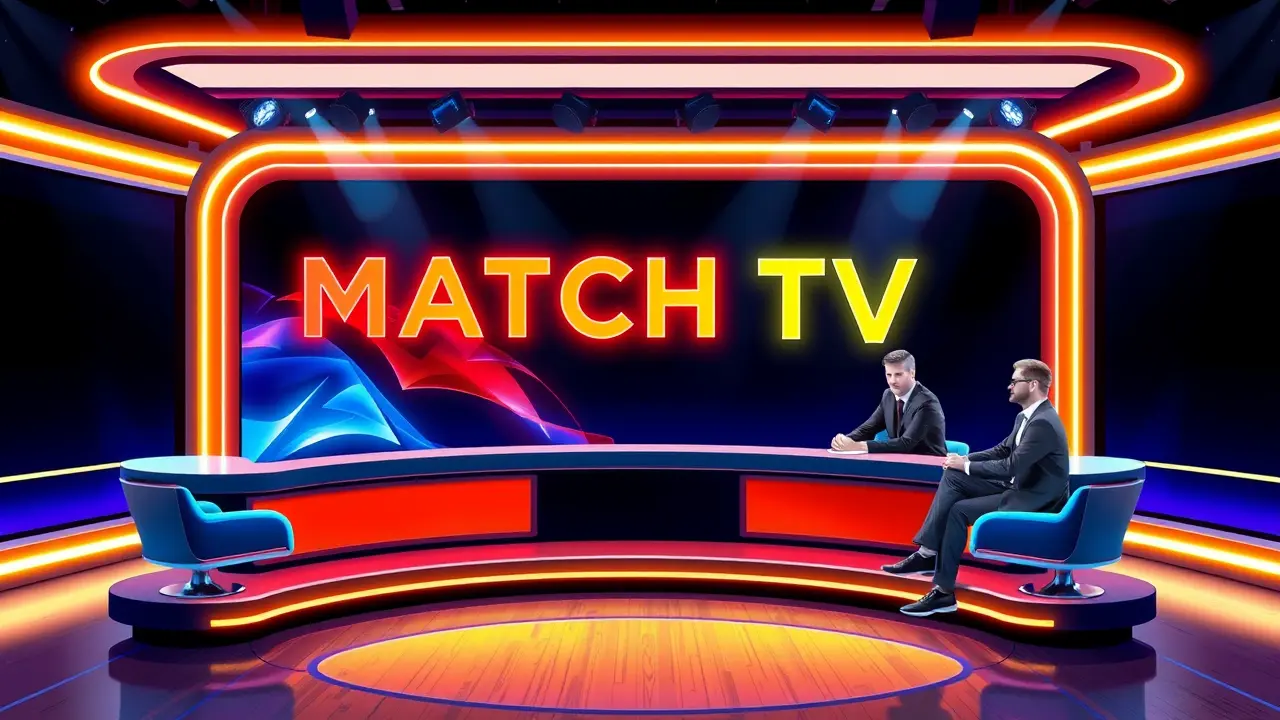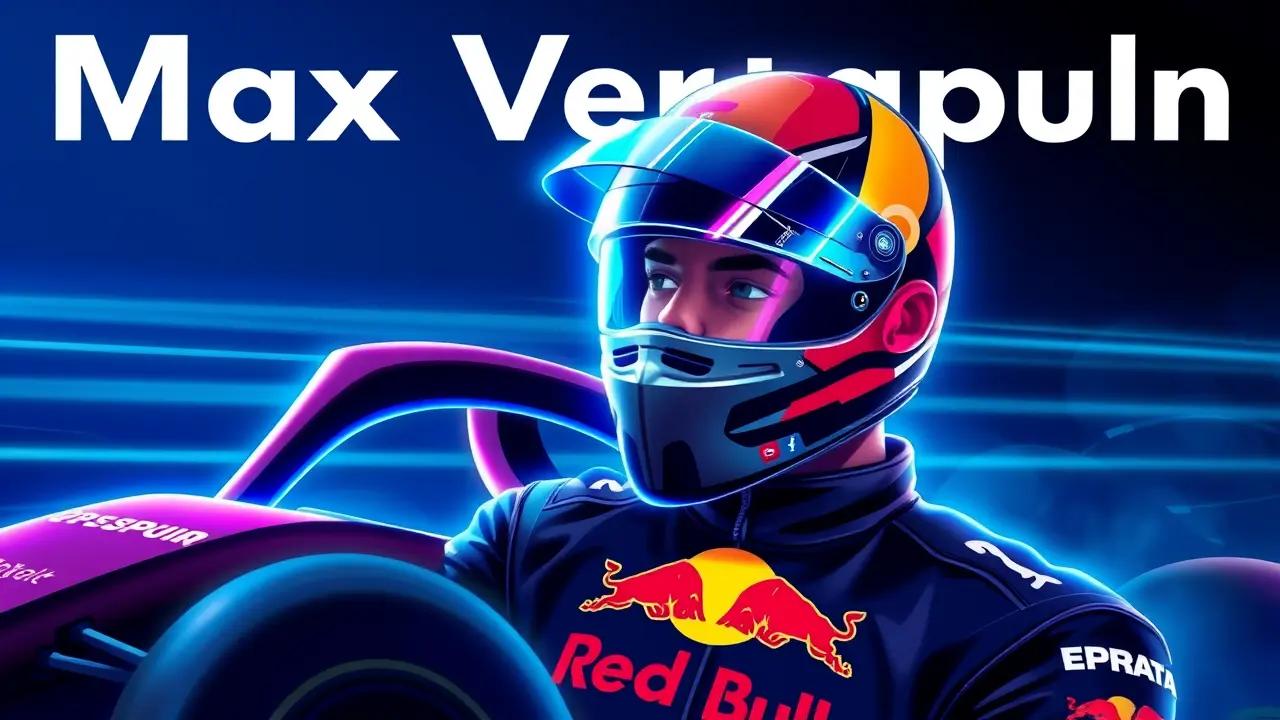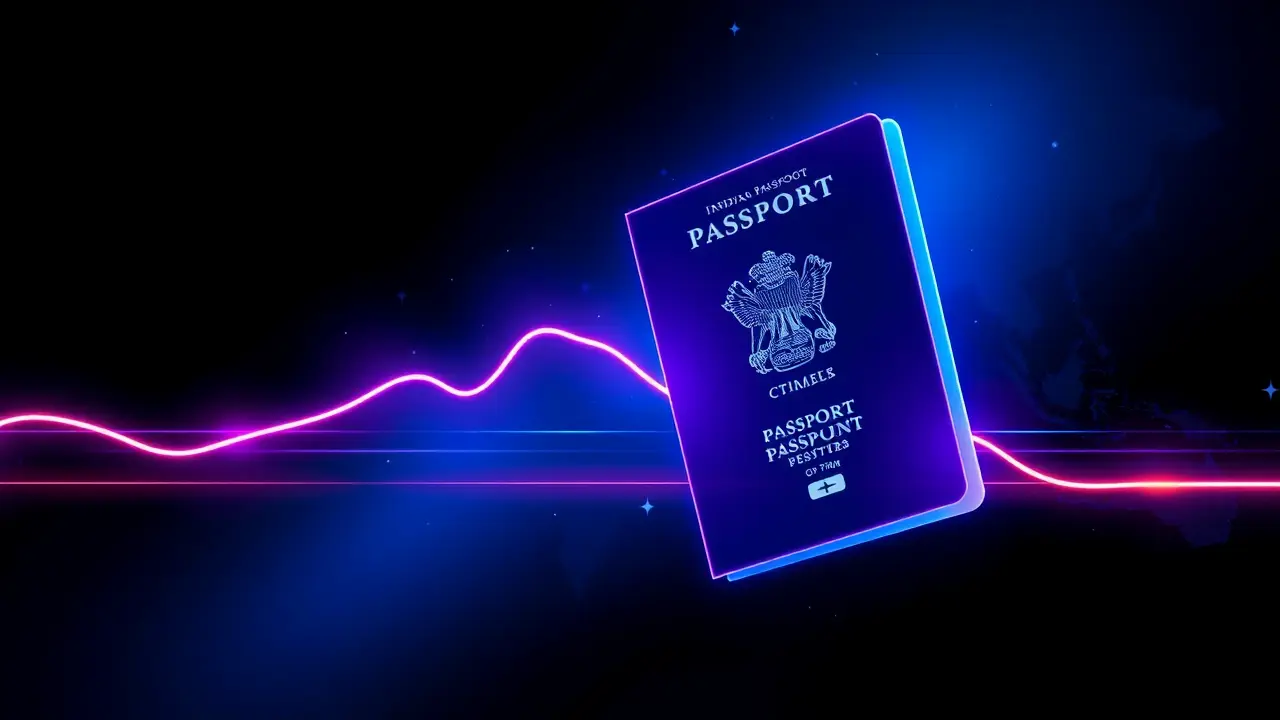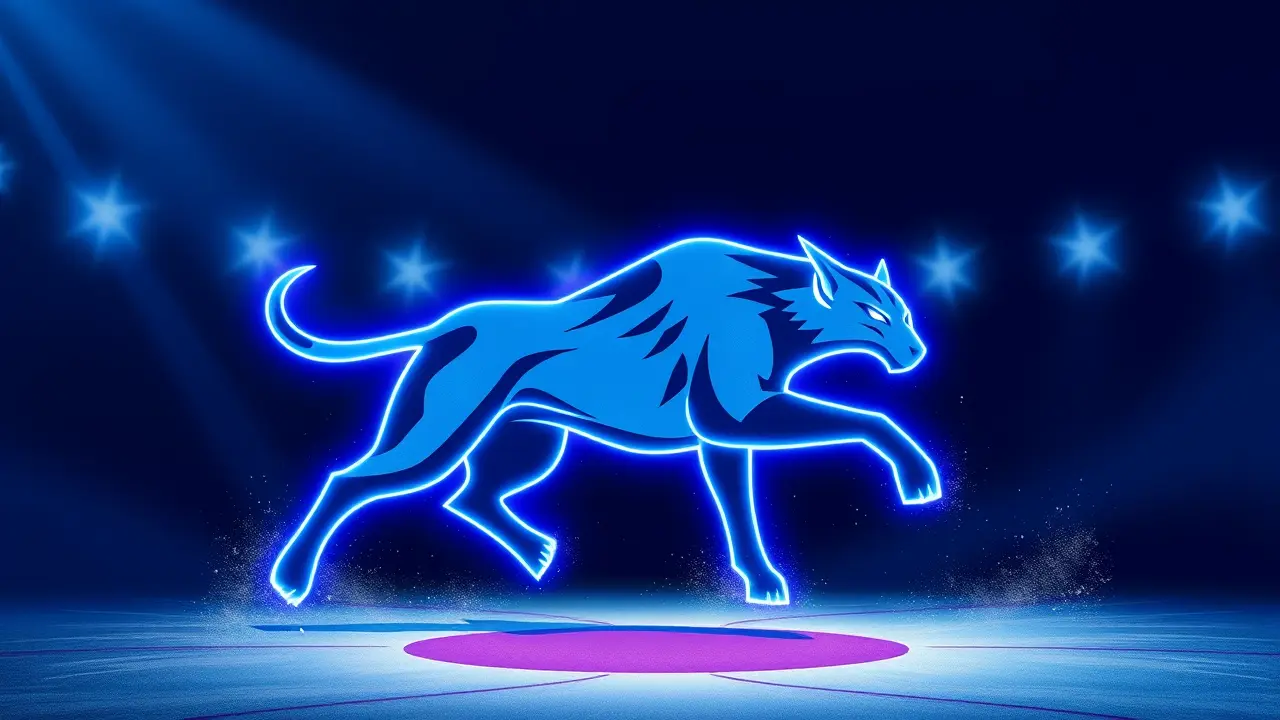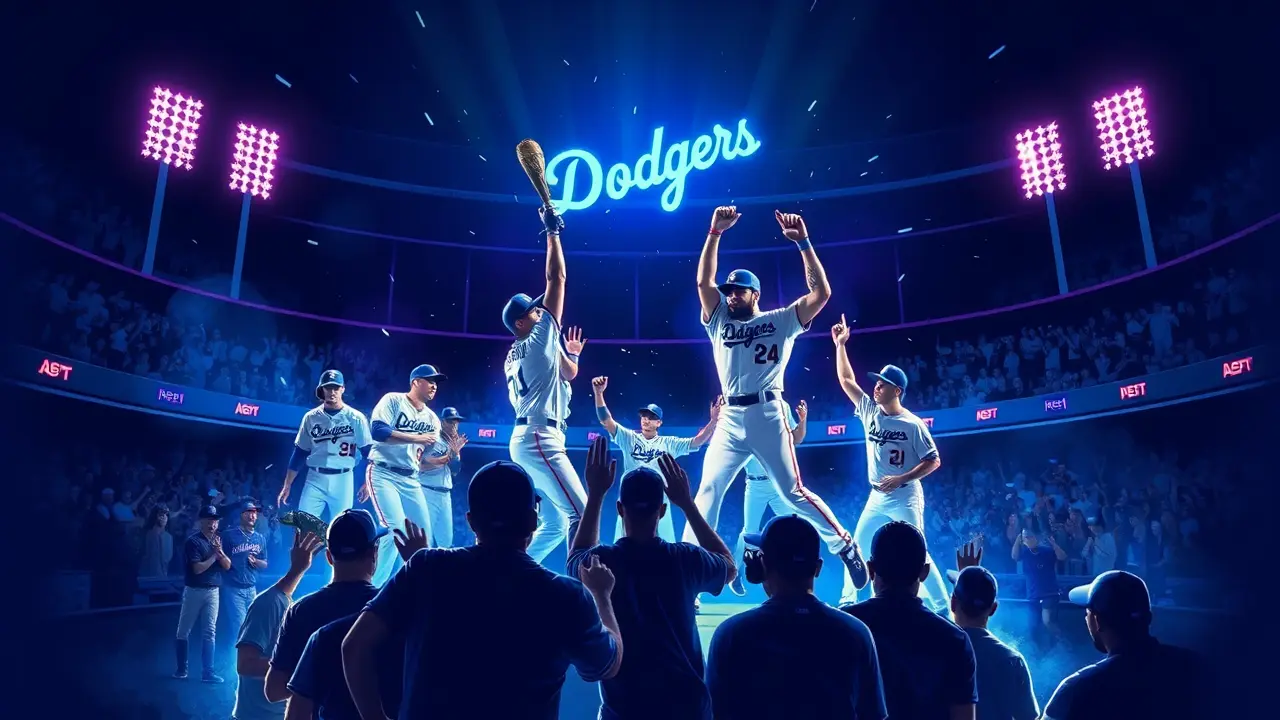
SportbasketballTeam Standings
MLB's Future After Dodgers' World Series Victory
LI
Liam Brooks
10 hours ago7 min read
The Los Angeles Dodgers just dropped the mic on the baseball world, and the echo is gonna be felt for years. Their insane, white-knuckle 5-4, 11-inning Game 7 victory over the Toronto Blue Jays wasn't just a repeat championship; it was a statement, the kind that gets framed in the front office and haunts the dreams of every other team's GM.We're talking about a $500 million super-team, a real-life fantasy roster that just affirmed its status as the sport's undeniable kingpin. But this wasn't just another trophy ceremony.This win, capping a postseason packed with a record seven winner-take-all games, has thrown gasoline on the already smoldering fire of baseball's economic civil war. The Dodgers' spending is the elephant in the room, the kind of financial firepower that makes you wonder if we're watching a sport or an arms race.They entered the Fall Classic with a payroll and luxury tax bill north of half a billion dollars, and when you add in the minor league signing bonus for a guy like Roki Sasaki, you're looking at a two-year championship tab approaching a cool $900 million. Let that sink in.Meanwhile, teams like the Oakland Athletics are operating with budgets that look like pocket change in comparison, spending less than $150 million over the same period. This isn't just a gap; it's a canyon, and it's the central plotline heading into what promises to be a brutally contentious round of labor negotiations.The players' union, led by Tony Clark, is already bracing for a push from owners for a salary cap—a fight that literally shut down the game and canceled the World Series back in '94. The current deal expires in December 2026, but you can bet the shadow boxing starts this winter.And right in the middle of all this drama is Shohei Ohtani, a man who isn't just playing baseball but seemingly rewriting its very definition. His two-way dominance isn't just MVP-level; it's a global phenomenon, captivating audiences from Tokyo to Toronto in a way no player ever has, giving MLB a desperately needed international superstar.His success, along with fellow Japanese stars Yoshinobu Yamamoto and Roki Sasaki, has blown the door wide open for more talent from the NPB. Guys like Munetaka Murakami, the two-time Central League MVP who smashed Sadaharu Oh's home run record, and power-hitting Kazuma Okamoto are now prime candidates to make the jump, further globalizing the game.And speaking of change, get ready for the robots. Game 7 was the last World Series game where a human umpire will have the final say on balls and strikes.Next season, the Automated Ball/Strike System (ABS) goes live in every big league park, giving batters, catchers, and pitchers the ability to challenge calls to a system of high-tech cameras. It's a fundamental shift in the game's fabric, a move toward technological precision that will undoubtedly spark endless debates in barrooms and on sports talk radio.But the Dodgers themselves aren't looking back. Minutes after the final out, Freddie Freeman was already talking about the three-peat, about chasing the ghost of those legendary late-90s Yankees teams. It’s a bold, almost arrogant goal, but when you have a financial arsenal and a talent pool like theirs, why not? The narrative for the next year is set: Can this modern-day dynasty, this financial and athletic juggernaut, truly ruin baseball by achieving what only a handful of teams in history have ever done? Or will the looming labor war and the rising tide of international competition finally create a counterweight? Buckle up, because the offseason is about to get as dramatic as the playoffs just were.
#featured
#Los Angeles Dodgers
#World Series
#labor negotiations
#Shohei Ohtani
#Automated Ball/Strike System
#international growth
Stay Informed. Act Smarter.
Get weekly highlights, major headlines, and expert insights — then put your knowledge to work in our live prediction markets.
Related News
© 2025 Outpoll Service LTD. All rights reserved.
